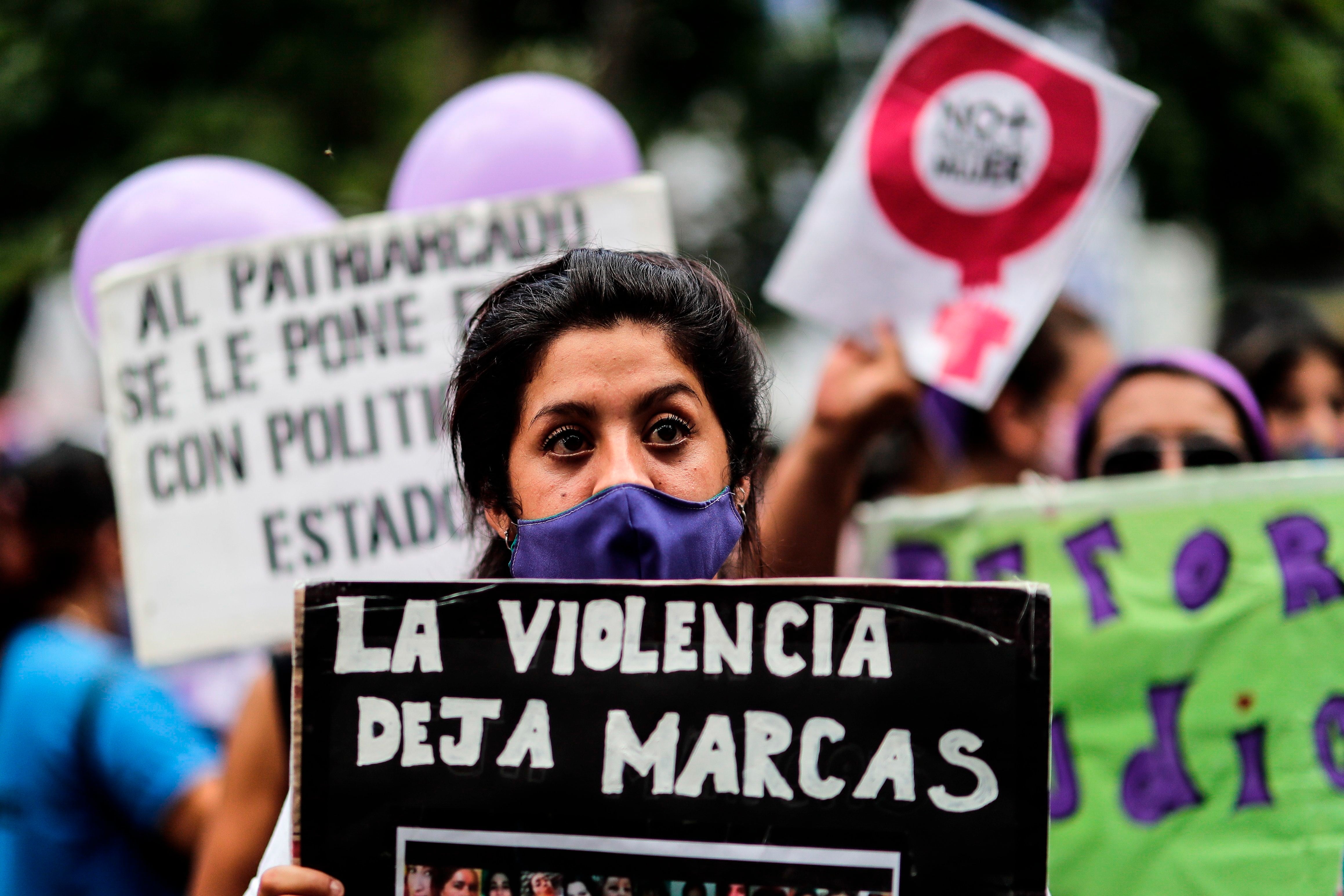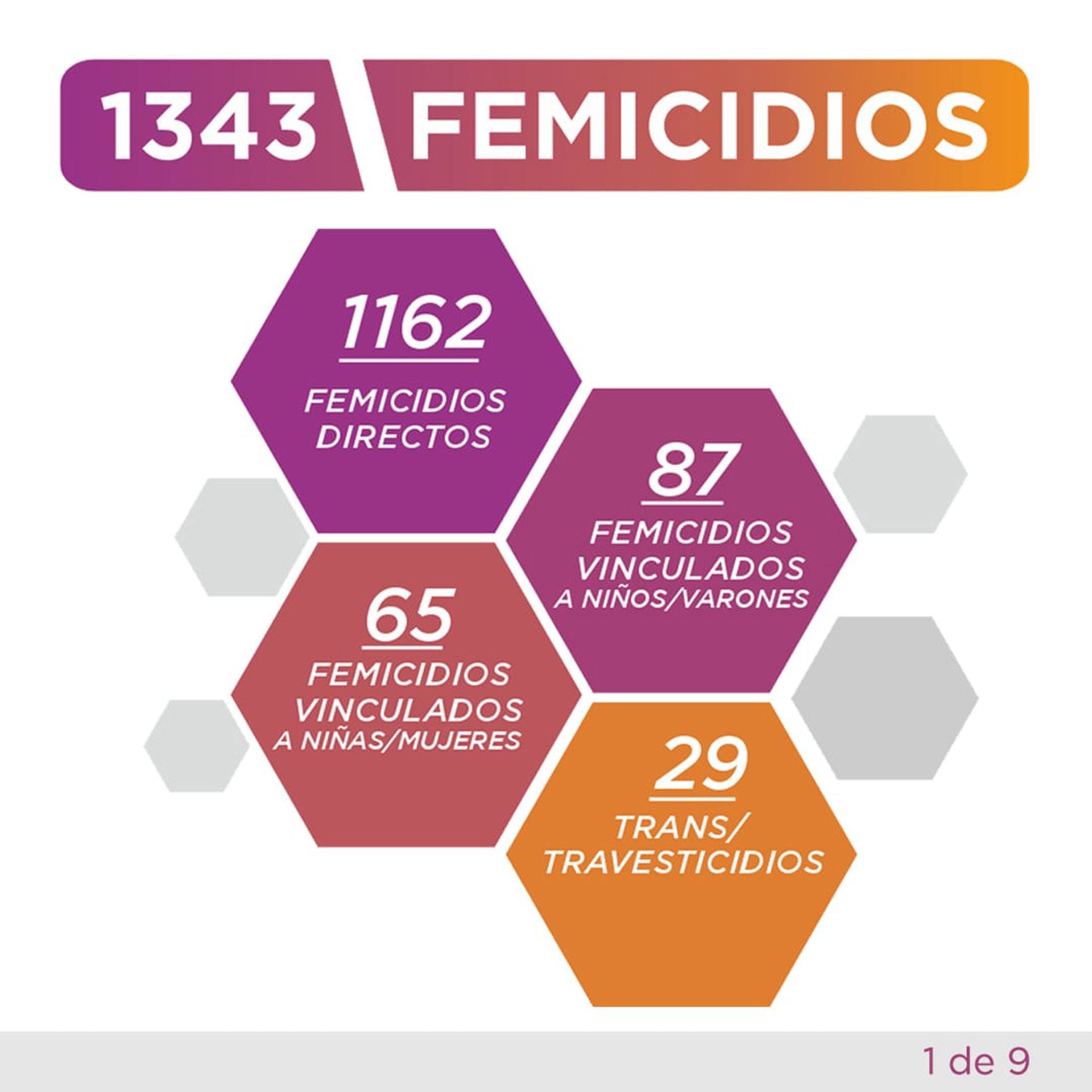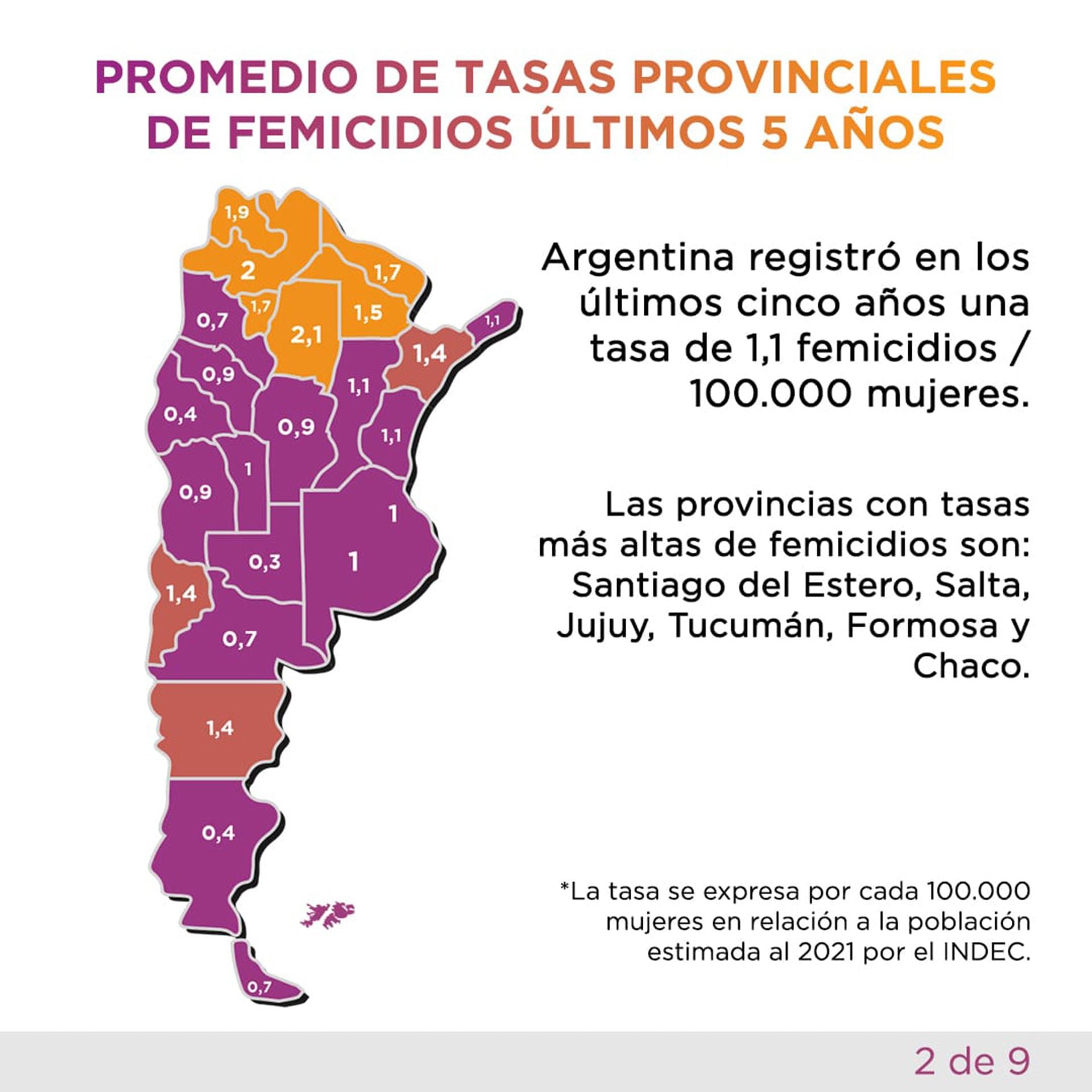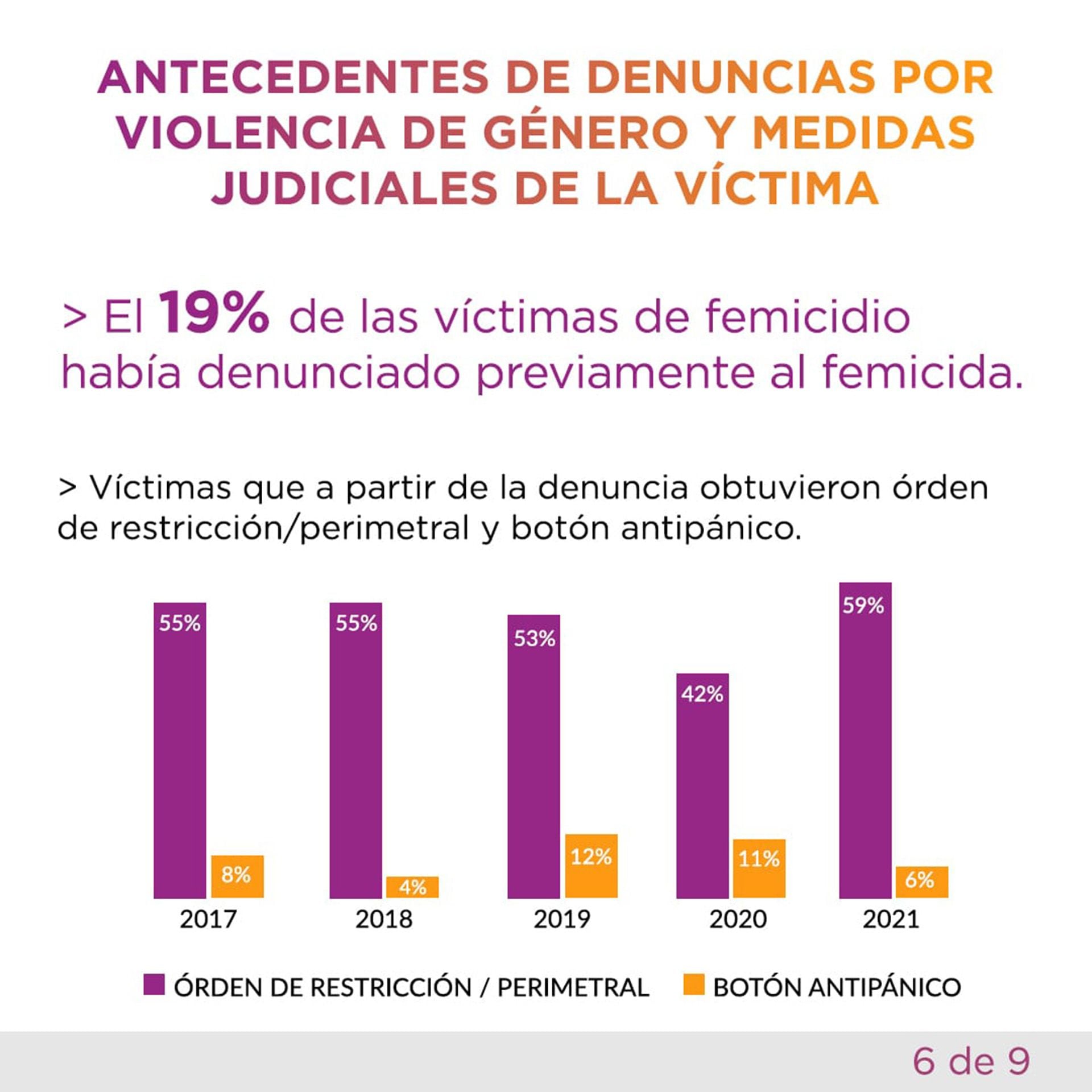
The traumatic situations experienced by victims of gender-based violence have an impact on their physical and emotional health. Specialists warn that women who are victims of physical or psychological abuse and abuse are more at risk of heart disease.
Women share traditional cardiovascular risk factors with men, such as high blood pressure, high cholesterol, diabetes and smoking. But also, “women are exposed to risk factors unique to females: gender-based violence and emotional stress have recently been recognized as cardiovascular risk factors linked to women that impact heart health. While others such as early menopause, pregnancy complications and certain conditions that are more common in women such as autoimmune diseases also stand out,” said Dr. Ana Salvati, president of the Argentine Cardiology Foundation and former president of the Argentine Society of Cardiology.
Data show that heart disease is the leading cause of death in the female population. According to the latest data from the Ministry of Health of the Nation, updated in 2019, 48,530 women died in our country from cardiovascular diseases. While, in the same period, the total number of male deaths from cardiovascular causes was similar: 48,402 individuals.
“In Argentina, one in three women dies from cardiovascular disease, which represents one death every 11 minutes, while 1 in 8 women will suffer from breast cancer. This means that cardiovascular disease is the most prevalent, with the highest mortality and that it can be modified,” said cardiologist Bibiana Rubilar de Seggio, director of the Heart and Women Area of the Argentine Society of Cardiology (SAC). Therefore, reducing risk factors, such as gender-based violence, emotional stress and its consequences, can improve quality
Regarding the emotional aftermath, Victoria Aguirre, a lawyer specializing in public policy and national spokesperson for MuMalá (Women of the Latin American Motherland), highlighted to Infobae the importance of psychological treatment and accompaniment of the environment, and exemplified her experience in years of helping victims: “Women who could not tell their story without crying without breaking into tears, managed to get out of that situation over the years, plus good therapy, good accompaniment and a great commitment on their part. The present finds them full.”

One of the first visible damage is the difficulty in establishing new emotional bonds. Among the initial aftermath expressed by the victims is “mistrust and the impossibility of connecting with the other in a loving way,” Aguirre stressed.
The specialist added that these emotional consequences can be overcome with psychological help and other medical treatments if necessary, “they are all consequences that if they are worked on, they are solved.”
“When you go through a painful process, it's not like taking out a band-aid and it already works. There are a lot of chips that fall later. One of the first sequels is to feel guilty, but with a good approach and with a lot of contention you get out of that situation. And the focus is beginning to be on what the other did and what we also did and how we were able to react when we reacted,” Aguirre explained.
Femicide in Argentina: 1 every 33 hours
The Mumala National Observatory released a report on the femicides that were committed between 2017 and 2021. The data were obtained from the analysis and monitoring of digital media and graphics throughout the country, search engines, alert system, monitoring of organizations, portals specialized in gender, feminism, human rights and police.
According to that record, in 5 years, between January 1, 2017 and December 31, 2021, a total of 1343 femicides, linked femicides and trans/transvesticides were recorded in Argentina. Among them 1162 are direct, 65 linked and 29 trans/transvesticide.

These figures show that a woman is killed by gender-based violence every 33 hours somewhere in the country. In addition, as a result of the femicide, 1439 children and adolescents were left without a mother.
“The relationship between the victim and his perpetrator is close, we are always talking about an intimate circle. In 60% they tend to be couples or ex-partners, and also family members, direct or indirect.”, explained Aguirre. The observatory indicated that 64% of the murders occurred in the victim's home or in the home he shared with his partner.

During this period, it was recorded that of the 1160 femicides, 19 per cent had already been reported by their victims, and that the most frequent methodology, in 30% of cases, was the use of bladed weapons. About 20% of the femicides tried to dispose of the body or cover up the fact, and 7% sexually abused their victim before killing her.
On the other hand, 29 per cent of femicides in which firearms were used were committed with regulatory weapons and 9 per cent of femicides belonged to the security forces. MuMalá noted that during the last 5 years, 8% of femicides and 31% of transfemicides and transvesticides were not identified.

Between 2020 and 2021, there were 578 femicide attempts, and 78 gender-related violent deaths. Of 31 femicidal suicides, 77% identify gender-based violence as an inducer, while 23% of cases were victims of sexual abuse. Forty-five per cent of the victims had previously made complaints.
“Violence runs through us,” Victoria Aguirre explained, “it doesn't matter where we are in society. Before there was prejudice, it was thought that only violence existed in people without education, or that it happened only in the village or in very marginal places. And what reality tells us on a daily basis is that this happens everywhere, in all society, in all its layers, and throughout this country, in all age groups. It is not a question of time, age or a particular generation.”
KEEP READING:
Últimas Noticias
Debanhi Escobar: they secured the motel where she was found lifeless in a cistern

The oldest person in the world died at the age of 119

Macabre find in CDMX: they left a body bagged and tied in a taxi
The eagles of America will face Manchester City in a duel of legends. Here are the details

Why is it good to bring dogs out to know the world when they are puppies



